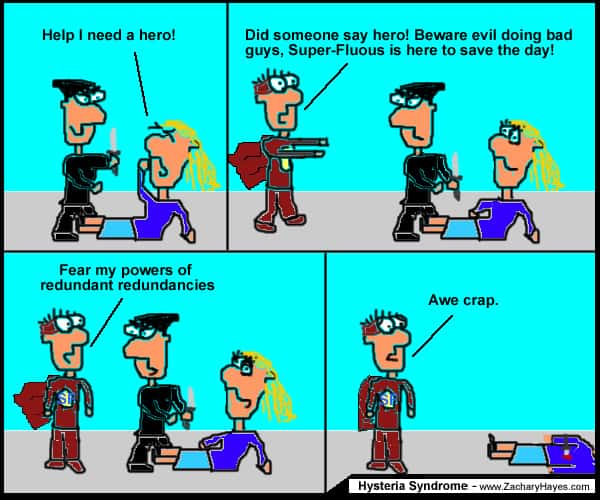K.I.S.S. in Rule Form, Part 7
Keeping-it-simple-sweet means omitting matters from the NFMA rules that are satisfactorily covered by statute. For example, a section of NFMA (paragraph i) separate from the planning rule sections (paragraphs g and h) requires that permits (e.g., special-use permits) and contracts (e.g., stewardship, sale of timber) “for the use and occupancy” of the national forests be consistent with the plan.
There is no need to repeat this requirement in the planning rules themselves. The law speaks for itself. Forest Service employees can read the law. And the courts have routinely enforced paragraph (i) without reference to the identical 1982 NFMA rule. So I’ve deleted item 7 (“Ensure that, subject to valid existing rights, all outstanding and future permits, contracts, cooperative agreements, and other instruments for occupancy and use of affected lands are consistent with the revised plan”) from the K.I.S.S. purpose and principles post.

There actually is some decision space in the law that would be worth considering in a rule. When you think of a plan revision, it’s helpful to apply it toward future projects and not apply it retroactively to activities already underway. There are cases where it makes sense to grandfather permits or contracts (these should be explicitly listed in any plan approval document) that are just about completed, and for ongoing actions, to apply new provisions “as soon as practicable.”
John — NFMA speaks directly to the grandfathering issue. The law directs that “When land management plans are revised, resource plans and permits, contracts, and other instruments, when necessary shall be revised as soon as practicable.” I suppose one could reiterate this language in the rule, but it seems superfluous to do so.
The rule can be as permissive as the law; it cannot be more permissive. Attempts to craft a rule that grants the Forest Service more discretion than the law permits are risky. For example, a rule that says “existing permits that are inconsistent with the revised forest plan may be grandfathered, as determined by the Forest Service,” appears to be illegal on its face.